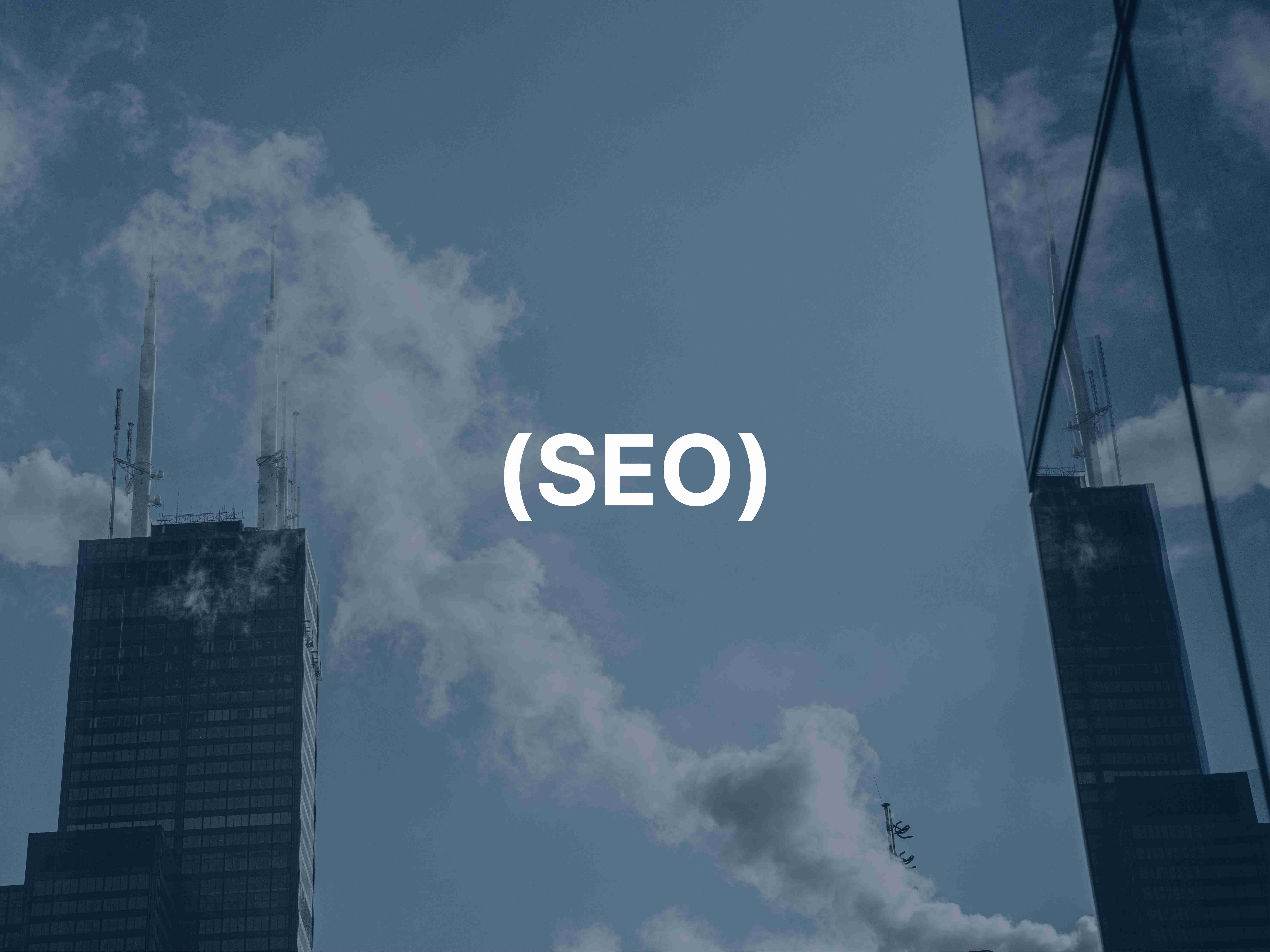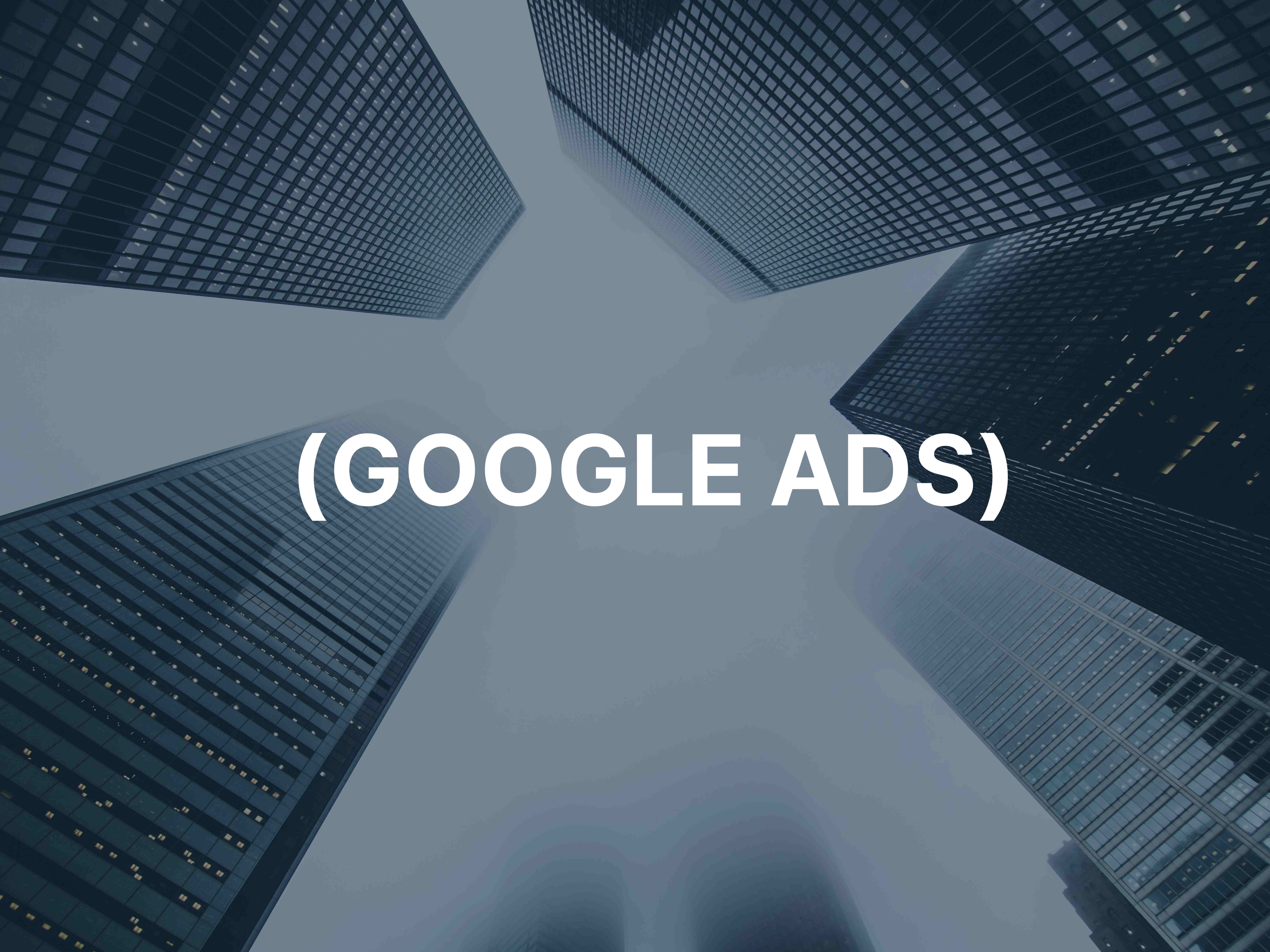For small business owners looking to improve their online visibility, two terms frequently come up: Search Engine Optimization (SEO) and Search Engine Marketing (SEM). While both aim to increase your visibility in search engines, they represent different approaches with distinct advantages, timelines, and resource requirements. This guide will help you understand the differences and decide which strategy deserves your initial focus.
5 Key Points:
- SEO is a long-term investment that builds organic visibility over time, while SEM delivers immediate visibility but requires ongoing ad spend.
- Your timeline matters: If you need immediate results, start with SEM; if you can wait 3-6 months for results, prioritize SEO.
- Budget considerations: SEO has higher upfront costs but lower long-term costs; SEM requires consistent spending to maintain visibility.
- Business maturity: New businesses often benefit from SEM's immediate visibility, while established businesses can leverage SEO for sustainable growth.
- The ideal approach for most businesses is a balanced strategy that begins with targeted SEM while simultaneously building SEO foundations.
Understanding SEO and SEM: What's the Difference?
Before deciding which to prioritize, it's essential to understand what each approach entails:
Search Engine Optimization (SEO)
SEO involves optimizing your website and content to rank higher in organic (non-paid) search results. This includes:
- On-page optimization (keywords, content quality, meta tags)
- Technical SEO (site speed, mobile-friendliness, site structure)
- Off-page SEO (backlinks, online reputation, social signals)
- Local SEO (Google Business Profile, local citations, reviews)
Key Takeaway: SEO is about earning visibility through quality content and website optimization rather than paying for placement.
Search Engine Marketing (SEM)
SEM refers to paid advertising on search engines, primarily through platforms like Google Ads and Bing Ads. This includes:
- Pay-per-click (PPC) advertising on search results pages
- Display advertising on the search network
- Remarketing campaigns
- Shopping ads for e-commerce businesses
Key Takeaway: SEM is about buying visibility through targeted ads that appear above or alongside organic search results.
The Case for Starting with SEO
Many digital marketing experts advocate for prioritizing SEO as your foundation. Here's why:
Long-Term Value
Once you achieve good rankings through SEO, they tend to maintain some stability without the constant cost of paid advertising. A Dallas-based plumbing company we worked with invested in SEO for six months and saw their organic traffic increase by 215% year-over-year, with customer acquisition costs decreasing by 64% compared to their previous PPC-only strategy.
Higher Trust Factor
Studies show that 70-80% of users skip paid ads and focus on organic results because they trust them more. Building this trust through SEO can lead to higher conversion rates over time.
Compounding Returns
SEO efforts build upon themselves. Content you create today continues working for you months and years later, unlike ads that stop delivering the moment you stop paying.
The Case for Starting with SEM
Despite SEO's long-term advantages, there are compelling reasons to begin with SEM:
Immediate Visibility
A new HVAC service in Fort Worth launched their business with a targeted Google Ads campaign and received their first service call within 24 hours of launching their website—something that would have been impossible with SEO alone.
Precise Targeting
SEM allows you to target specific keywords, locations, times, and even demographics with precision. This means you can focus your budget exactly where it's most likely to generate returns.
Testing Ground for SEO
SEM provides immediate data on which keywords convert best, what messaging resonates with your audience, and which landing pages perform well. This information can inform your SEO strategy later.
Making the Decision: A Framework
To decide which approach to prioritize, consider these factors:
Timeline
- Need results within 1-3 months? Start with SEM.
- Can wait 3-6+ months for results? Prioritize SEO.
Budget
- Limited ongoing budget but can invest upfront? Focus on SEO.
- Steady monthly marketing budget? SEM might be more suitable.
Competition
- Highly competitive industry/keywords? You might need SEM to gain initial visibility while building SEO.
- Less competitive niche? SEO might yield faster results than in more competitive markets.
Business Stage
- New business needing to generate leads quickly? Start with SEM.
- Established business looking to reduce customer acquisition costs? Invest in SEO.
The Balanced Approach: Why Not Both?
For most small businesses in the DFW area, we recommend a balanced approach:
- Start with targeted SEM to generate immediate traffic and leads while collecting valuable data.
- Simultaneously begin SEO foundations by optimizing your website structure, creating core content, and setting up local SEO essentials.
- Gradually shift budget from SEM to SEO as your organic rankings improve.
- Maintain some SEM presence for highly competitive keywords or seasonal promotions.
A residential cleaning service in Plano implemented this balanced approach and saw their customer acquisition cost decrease by 42% over 12 months as they gradually shifted from an 80/20 SEM/SEO split to a 40/60 split.
Getting Started with Your Strategy
Whichever approach you choose to prioritize, here are the first steps to take:
If Starting with SEO:
- Conduct keyword research focused on your services and local area
- Optimize your website's technical foundation (speed, mobile-friendliness)
- Create high-quality content targeting your primary keywords
- Set up and optimize your Google Business Profile
- Begin building local citations and pursuing relevant backlinks
If Starting with SEM:
- Set clear campaign goals and conversion tracking
- Research and select high-intent keywords
- Create compelling ad copy and relevant landing pages
- Start with a conservative budget and test different approaches
- Regularly review performance and optimize based on data
At New Age Adaptation, we help small service businesses in the DFW area develop customized SEO and SEM strategies based on their specific goals, timeline, and budget. Our data-driven approach ensures you're investing your marketing dollars where they'll generate the best returns for your business.
Ready to improve your search visibility? Schedule a free consultation with our team to discuss whether SEO, SEM, or a balanced approach is right for your business.



